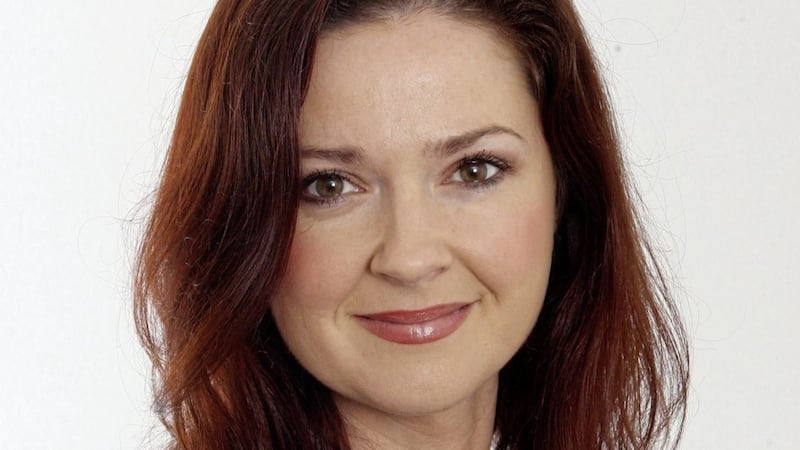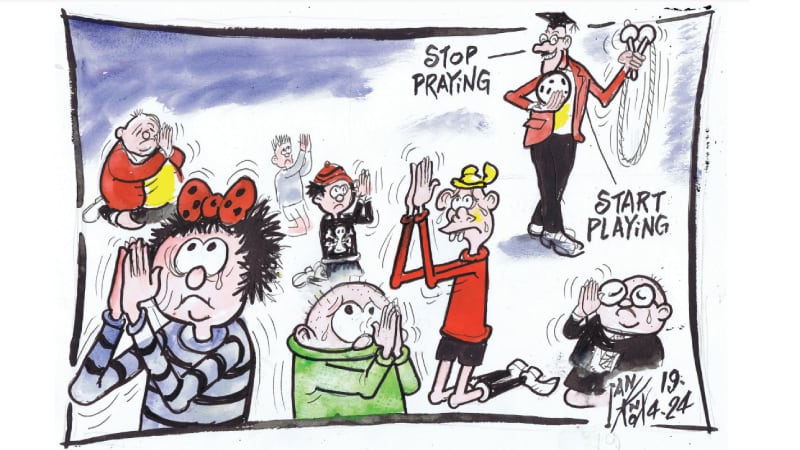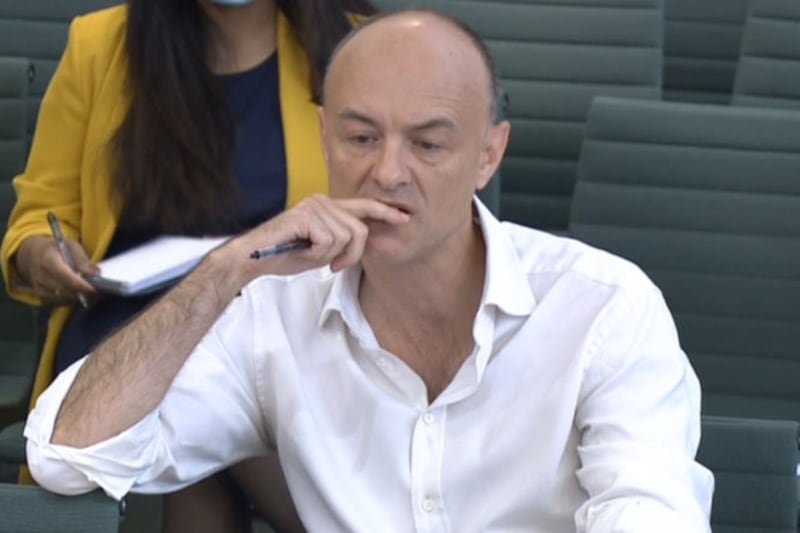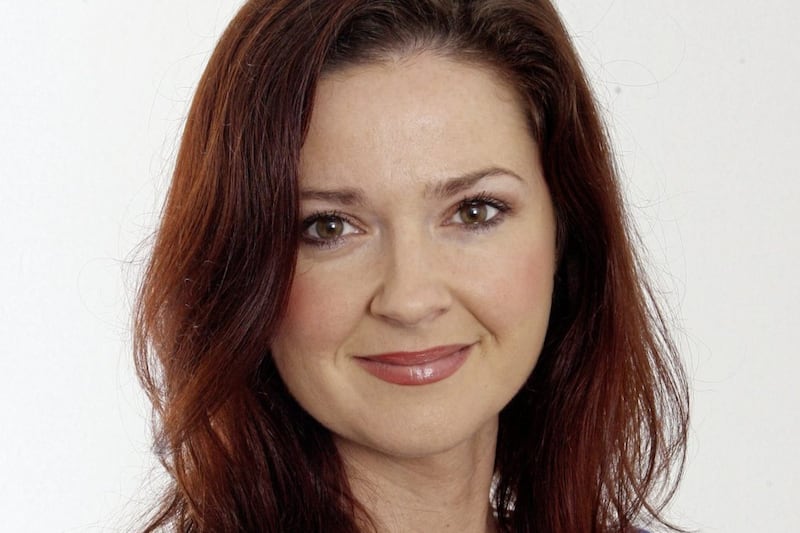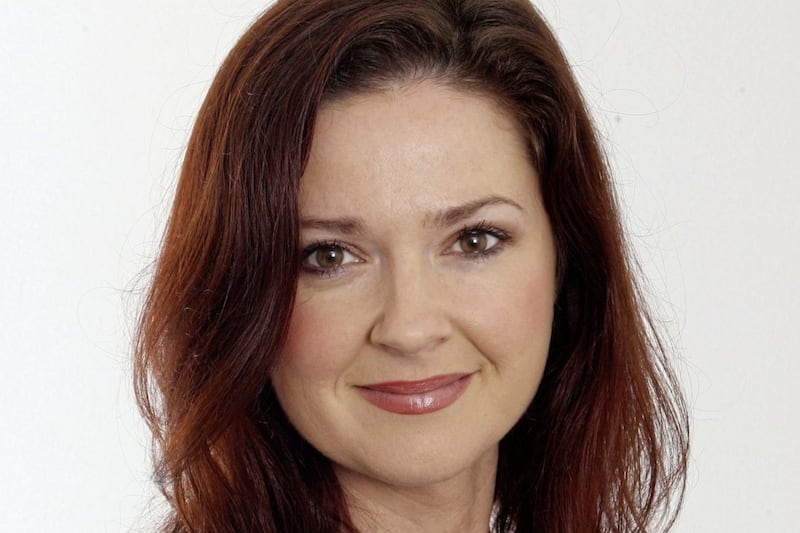PLEDGES to be more "open and transparent" have been repeatedly made by the upper tiers of the Northern Ireland health service over the past year during a steady trickle of controversies.
The hyponatraemia scandal, the Dr Watt recall and horrific failings at Dunmurry Manor Care home had all surfaced by June and resulted in "unreserved apologies" and assurances there would be "learning".
Throughout this period, a major safeguarding investigation led by an independent expert from England was quietly taking place about allegations of serious abuse at Muckamore Abbey, Northern Ireland's regional hospital for adults with learning disabilities.
A parent of a young man who is a patient at Muckamore was told last August that an alleged incident in which his vulnerable son - who cannot speak and has the mind of a two-year-old - was punched in the stomach by a staff member was a "one off".
He was also informed that a CCTV camera in the Psychiatric Intensive Care Ward where his son was placed was not recording. Both pieces of information were wrong.
Had it not been for the tenacity of this individual in demanding answers from the trust and discovering through police that the CCTV was in fact recording, it remains unclear if this inquiry would have mushroomed into what it has become.
Following the publication of the full scale of the allegations in this newspaper in July, two senior trust officials visited this man in his home, sat on his settee for an hour and admitted the "incidents" relating to his son were much more widespread.
Last week he got written confirmation there are now 30 allegations linked to his child over a two-and-half-month period, not the "one-off".
It was the first time any detail had been given to the distraught father after a year of writing letters and phone calls.
The details that have emerged about what went on in that ICU ward in Muckamore, where some of the vulnerable and mentally ill people in our society were being cared for, are deeply disturbing on their own.
But the level of secrecy, under-reporting and lack of information given to families are every bit as worrying.
Why did trust officials wait a year before issuing information to relatives when it is clear from the private briefing in today's Irish News that once viewing of CCTV images started, endemic safeguarding issues were identified?
NHS probes and police investigations are complex and require a robust approach, but the length of time it is taking to bring the Muckamore reviews to a close does seems inordinate when compared with the Winterbourne View care home scandal in Bristol, where six care workers was jailed within a year of abuse being filmed by undercover BBC Panorama reporters.
In the meantime, Muckamore families have now have learned that their loved ones were cared for in a "high risk environment" where lengthy periods of “distressing” seclusion was the norm.
If any lessons are to be learned from previous mistakes in our health service, those at the top must share all information, as disturbing as it is, with the affected families and banish the “culture of silence” to the past to ensure future generations of vulnerable patients are protected.
